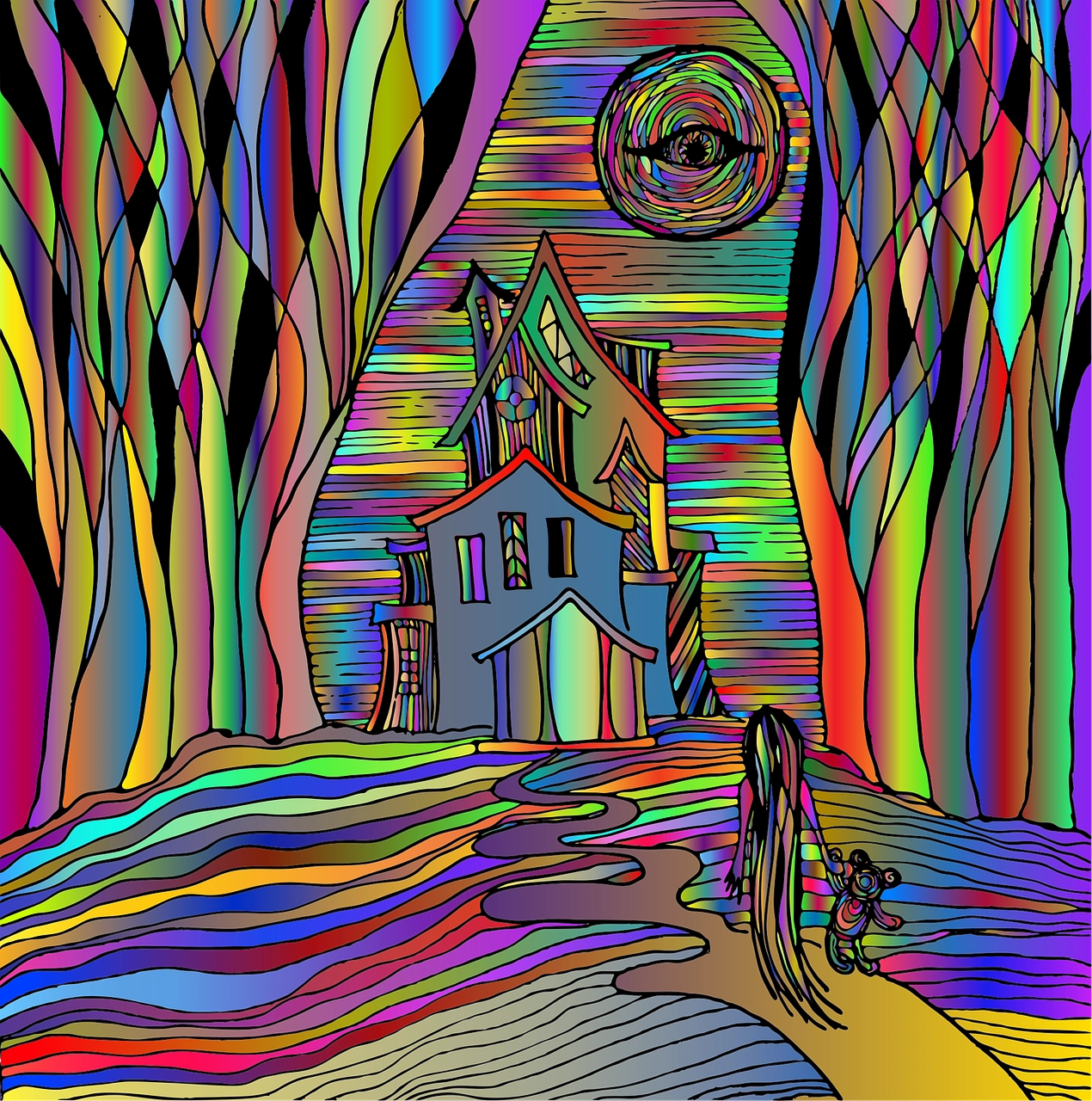The Role of Shamans in Indigenous Cultures

Looking for more amazing products? Check out our online store and explore our collection here! Happy shopping!
Before diving in, please note: This post is for informational purposes only. If you’d like to know more about how we approach topics, feel free to check out our friendly Disclaimer Page.
Hey there, amazing readers! 
We’re committed to delivering quality posts, and your support (even just sticking around despite the ads) means everything to us. So, bear with us, and thanks for helping us keep the good vibes rolling. Now, on to the fun stuff!
TRANSLATE BUTTON AT THE END OF THE ARTICLE
Introduction
Shamans are revered spiritual practitioners in indigenous cultures worldwide, serving as healers, mediators between the spiritual and physical worlds, and custodians of cultural traditions.
This article explores the multifaceted roles and responsibilities of shamans across diverse indigenous societies.
Spiritual Mediators and Healers
Healing Practices:
- Traditional Medicine: Using herbs, plants, and ritualistic methods to treat physical ailments and restore spiritual balance.
Energy Healing: Clearing energetic blockages and restoring harmony within individuals and the community.
Spiritual Guidance:
- Interpretation of Signs and Omens: Deciphering messages from the spirit world through dreams, visions, and natural phenomena.
Counsel and Advice: Providing guidance on life decisions, relationships, and community matters based on spiritual insights.
Rituals and Ceremonies
Ceremonial Leaders:
- Sacred Rituals: Conducting ceremonies for hunting, planting, harvest, rites of passage, and spiritual protection.
Cultural Preservation: Upholding and transmitting oral traditions, myths, and ceremonial practices essential to cultural identity.
Community Cohesion:
- Role in Social Cohesion: Fostering unity, solidarity, and spiritual resilience within the community through collective rituals.
Conflict Resolution: Mediating disputes and restoring harmony through ritualistic interventions and spiritual guidance.
Spiritual Powers and Practices
Journeying and Spirit Communication:
- Entering Altered States: Using drumming, chanting, or plant medicines to achieve trance states for spiritual journeying.
Communicating with Spirits: Interacting with spirit guides, ancestors, and animal allies for healing and guidance.
Protection and Defense:
- Spiritual Protection: Warding off malevolent forces, curses, and negative energies threatening individuals or the community.
Divination and Prophecy: Foretelling future events and advising precautionary measures based on spiritual insights.
Cultural Significance and Continuity
Preservation of Traditions:
- Oral Transmission: Passing down knowledge, rituals, and sacred stories to future generations to maintain cultural continuity.
Adaptation and Innovation: Integrating traditional wisdom with contemporary challenges and environmental changes.
Economic and Ecological Stewardship:
- Ecological Knowledge: Serving as stewards of the land, preserving biodiversity, and promoting sustainable practices aligned with spiritual values.
Economic Roles: Providing livelihoods through healing services, spiritual consultations, and crafts associated with shamanic traditions.
Challenges and Revitalization Efforts
Cultural Erosion: Threats posed by globalization, environmental degradation, and the erosion of indigenous languages and traditions.
Revitalization Movements: Efforts to reclaim and revitalize shamanic practices through cultural education, advocacy, and community empowerment.
Ethical Considerations: Addressing issues of cultural appropriation, respecting indigenous rights, and fostering partnerships grounded in mutual respect and reciprocity.
Conclusion
Shamans play indispensable roles in indigenous cultures, bridging the spiritual and physical realms while safeguarding cultural heritage and ecological wisdom.
Their enduring contributions to healing, community cohesion, and cultural resilience underscore the profound significance of shamanic traditions in today’s interconnected world.

The Enlightenment Journey is a remarkable collection of writings authored by a distinguished group of experts in the fields of spirituality, new age, and esoteric knowledge.
This anthology features a diverse assembly of well-experienced authors who bring their profound insights and credible perspectives to the forefront.
Each contributor possesses a wealth of knowledge and wisdom, making them authorities in their respective domains.
Together, they offer readers a transformative journey into the realms of spiritual growth, self-discovery, and esoteric enlightenment.
The Enlightenment Journey is a testament to the collective expertise of these luminaries, providing readers with a rich tapestry of ideas and information to illuminate their spiritual path.
Our Diverse Expertise
While our primary focus is on spirituality and esotericism, we are equally passionate about exploring a wide range of other topics and niches 

To ensure we provide the most accurate and valuable insights, we collaborate with trusted experts in their respective domains 
Our blog originally focused on spirituality and metaphysics, but we’ve since expanded to cover a wide range of niches. Don’t worry—we continue to publish a lot of articles on spirituality! Frequently visit our blog to explore our diverse content and stay tuned for more insightful reads.
Hey there, amazing reader! 
Check out our store here and take a peek at some of our featured products below! Thanks for being awesome!











